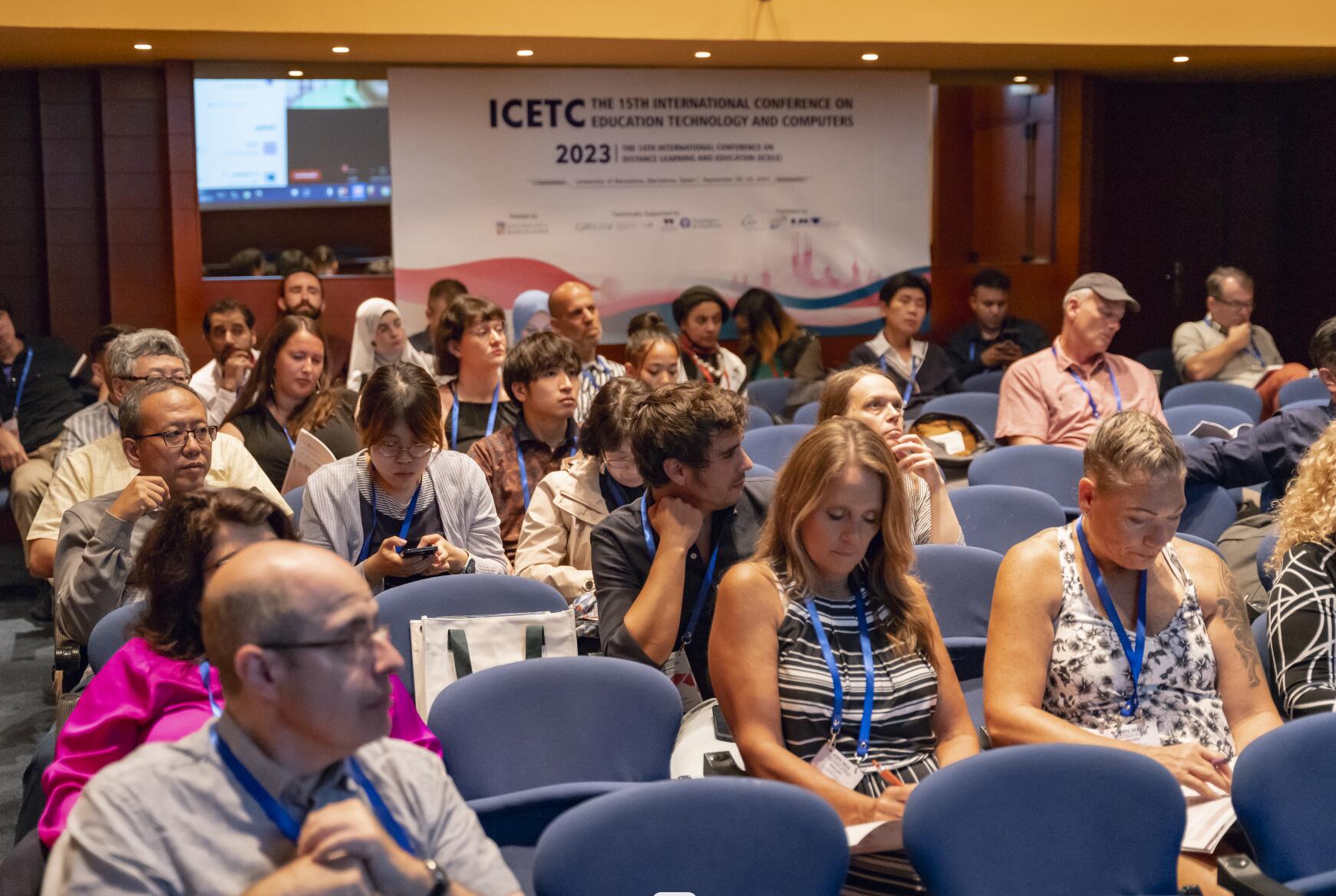Your Guide to Attending Academic Conferences
Embarking on the journey to attend an academic conference can be both thrilling and daunting. Conferences are a hub for exchanging ideas, networking, and fostering professional development. Here's a concise guide to navigating your way through the process:

1. Identify Your Conference: Start by selecting a conference that aligns with your field of research or professional interests. Academic societies, university bulletin boards, and professional networks are great starting points.
2. Submit Your Abstract: If you aim to present, keep an eye on call for papers. Prepare an abstract that encapsulates your research succinctly. Make sure it adheres to the guidelines and deadlines provided.
3. Secure Funding: Conferences can be expensive. Look for travel grants offered by your institution, the conference organizers, or external funding bodies. Early bird registrations often come with discounts.
4. Plan Your Trip: Once accepted, book your travel and accommodation early. Many conferences negotiate discounted rates for attendees. Consider room sharing or Airbnb for cost-effective options.
5. Prepare Your Presentation: Whether it's a poster or an oral presentation, rehearse thoroughly. Focus on the clarity of your message and how to engage your audience effectively.
6. Download the Conference App: Many conferences now have apps that include schedules, maps, and networking tools. Familiarize yourself with the event's layout and sessions you want to attend.
7. Network: Conferences are not just for presentations; they’re an opportunity to build connections. Prepare business cards or digital alternatives, polish your elevator pitch, and don't be shy to introduce yourself.
8. Attend Sessions and Workshops: Engage with the content. Attend keynote speeches, breakout sessions, and workshops, taking notes on ideas that intrigue you.
9. Social Media: Follow the conference hashtag on platforms like Twitter or LinkedIn. Share your insights and connect with other attendees online.
10. Follow Up: After the conference, reach out to the people you met. This could lead to future collaborations or even friendships.
11. Reflect on Your Experience: Reflect on what you've learned and how you can apply it. Write a summary, blog post, or report for your peers who couldn't attend.
12. Share the Knowledge: Consider giving a talk at your home institution to share the knowledge you acquired with your colleagues and to practice public speaking.
Attending academic conferences is a chance to step out of your comfort zone, learn from diverse perspectives, and present your work to a wider audience. With careful planning and an open mind, you can make the most out of this professional pilgrimage. Happy conferencing!
